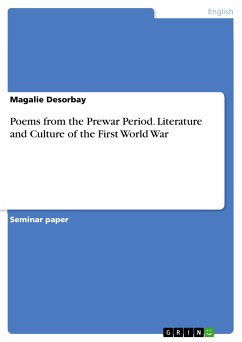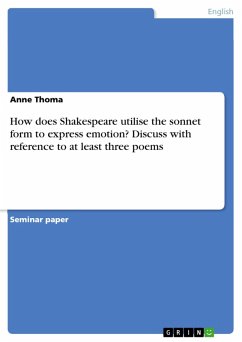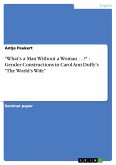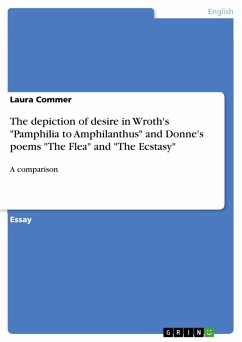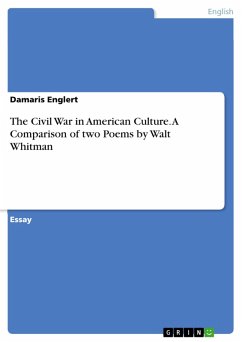Seminar paper from the year 2018 in the subject English Language and Literature Studies - Literature, grade: 1,3, LMU Munich, course: Literature and Culture of the First World War, language: English, abstract: The following analysis will be carried out in the light of poems from the pre-war period, underlining the anticipation of war, as well as a play written by R. C. Sherriff. He joined the army and therefore describes the gruesomeness of the events from a realistic point of view. The aim of the paper is to lead from the anticipation and the illusion of a short and glorious war to a more realistic war, representing hell to its fighters. The beginning of the First World War, also known as the Great War, was marked by the assassination of the Austrian - Hungarian heir apparent, Franz Ferdinand, and his wife on the 28th of June 1914 in Saravejo. From then on, Germany relied on their alliance and additionally, Russia and Serbia became allies. Before the assassination, Germany was already isolated from the other countries except from Austria. During war, the country fought on the West front with France and on the East front with Russia. The fighting assemblies can be divided into Germany with Austria - Hungary and the Ottoman Empire on one side and Great Britain, Russia, France and also the United States on the other side (from 1917 onwards). On the 11th of November 1918, two days after the abdication of Emperor Wilhelm II, the war ends. The Great War was a war led by machines, showing the power of modern weapons.
Dieser Download kann aus rechtlichen Gründen nur mit Rechnungsadresse in A, B, BG, CY, CZ, D, DK, EW, E, FIN, F, GR, HR, H, IRL, I, LT, L, LR, M, NL, PL, P, R, S, SLO, SK ausgeliefert werden.

